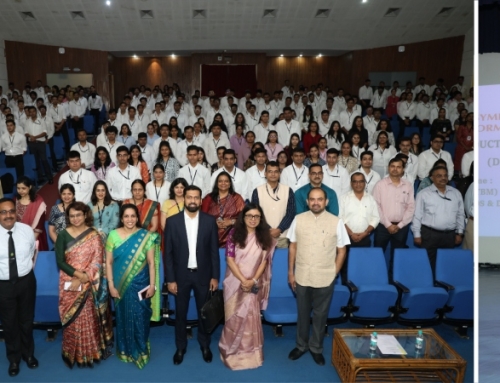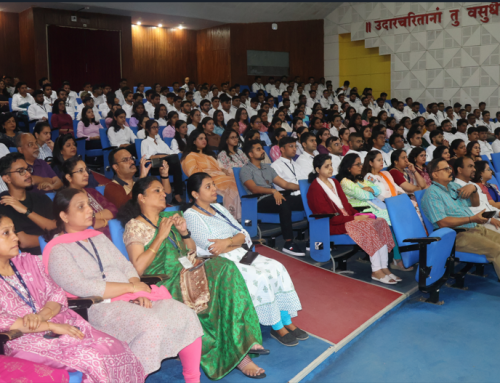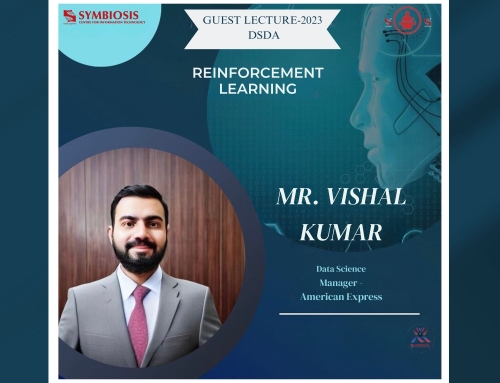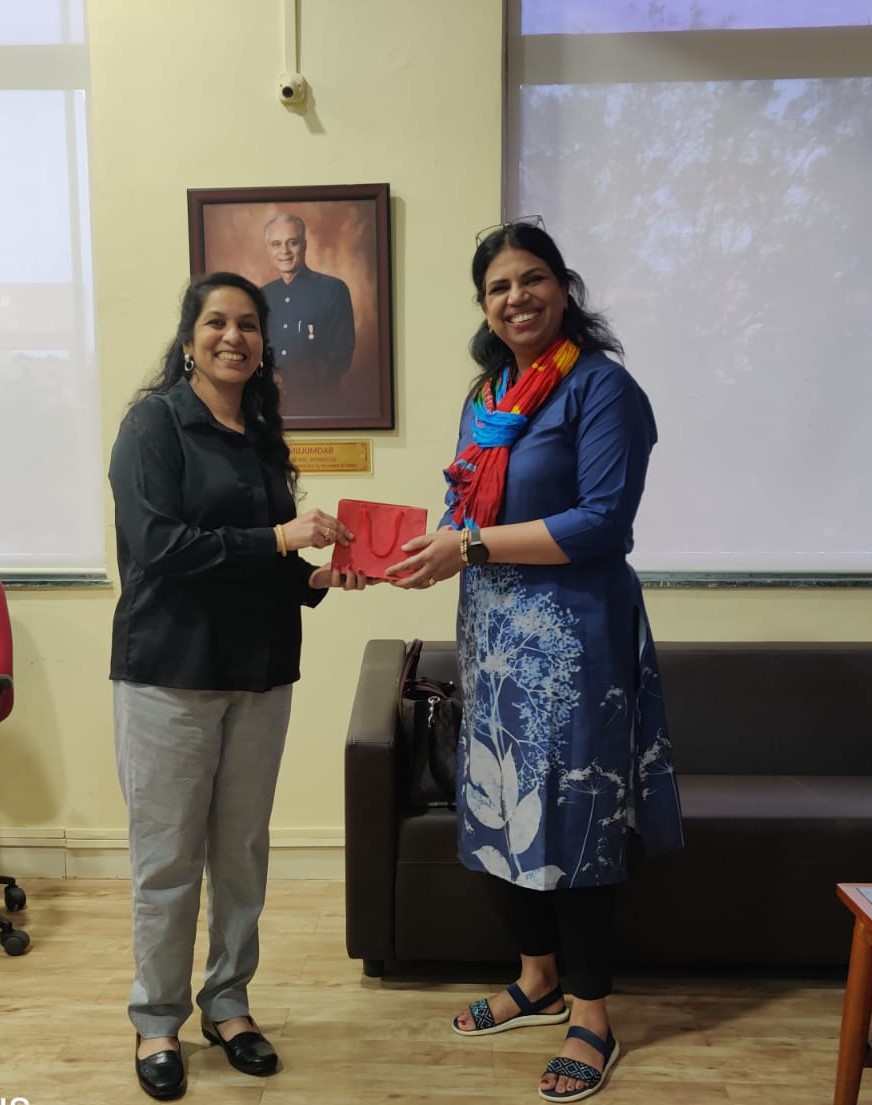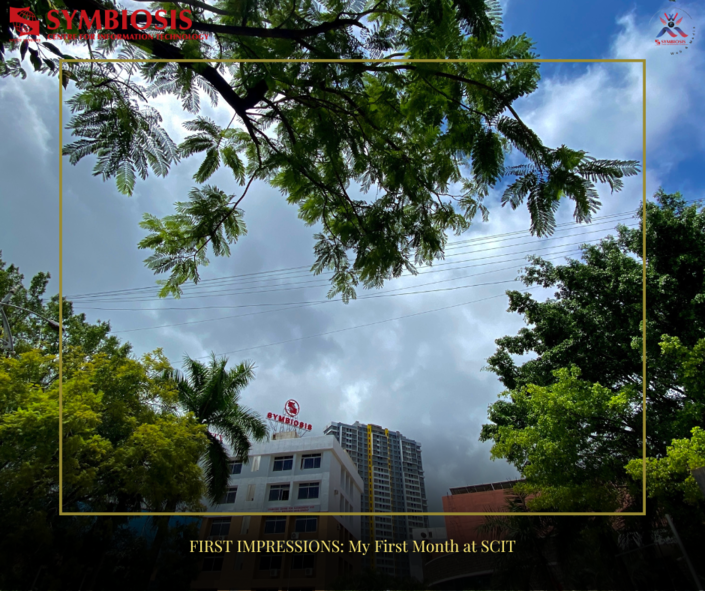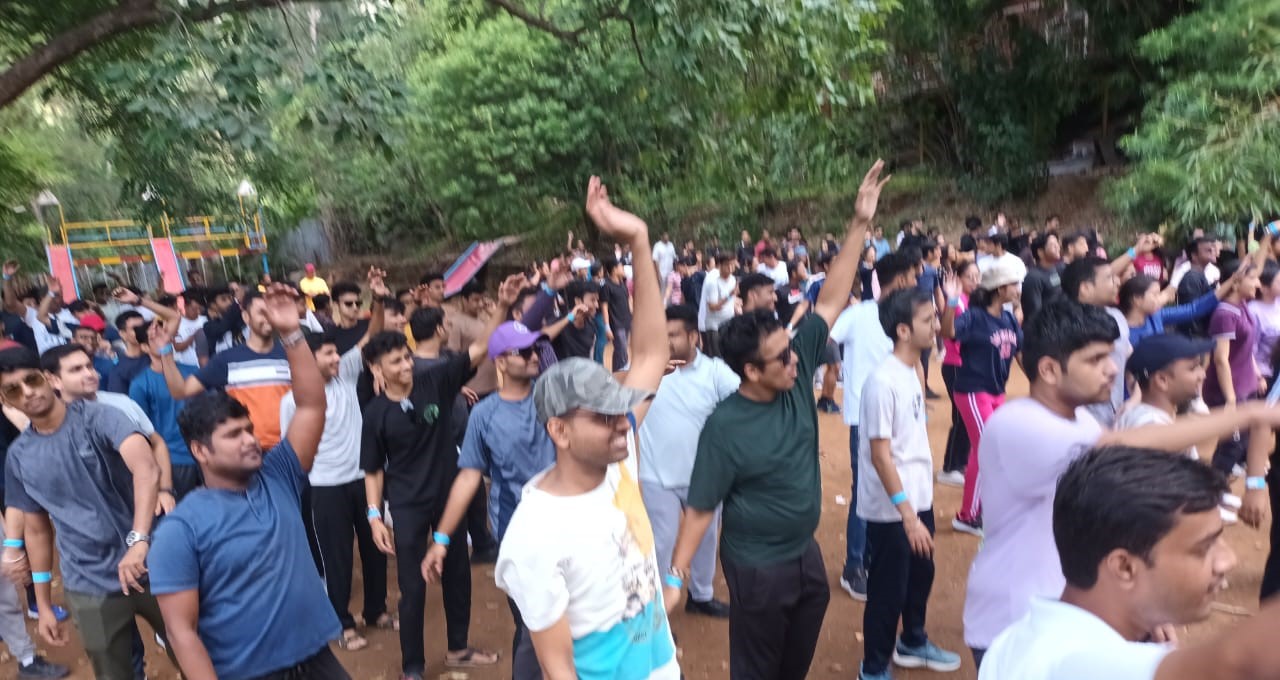What to do if a friend or family member is a drug addict !

While working in Bangalore ,2500 KM away from my Parents gave me an opportunity to explore things. Things those were untouched. During the time of engineering I never had excess of money to buy alcohol or any other drug for that matter. But then when I got a decent job and nice salary my buying capacity grew and things accordingly got change entirely. Friend circle, Bangalore corporate culture, night Life was decent enough to spoil anyone’s mind. It all looks glamorous but reality is something very different. I lost one of my friend who was addicted to some drug, he was mature, 28 years. And was working with Cisco. I have seen so much in past 3 years that I think I can help people to come out from a situation like drug addiction.
Whether someone is dealing with a parent, child, sibling or other relative who suffers from a drug addiction, it can also be difficult to know exactly how to handle the issue. While every situation is unique and should be addressed on an individual basis, there are some essential steps family members can take to help them deal with the drug addiction of a loved one.
Learn About Addiction
Concerned family members should always learn about the nature of their loved ones’ addiction so they help make informed decisions about courses of treatment or other issues. While it’s useful to learn about the exact type of addiction – whether it involves cocaine, methamphetamine or heroin – it’s also important to understand some of the common myths surrounding addiction. These misconceptions include the following:
- Addiction can be overcome with will power
- Only certain types of people suffer from addiction
- A drug user needs to hit rock bottom before getting help
- All treatment methods are the same
If there are multiple family members who are dealing with a loved one’s addiction, it’s good idea to set aside time for everyone to learn about the subject of addiction. Dispelling some of these myths can give family members a better understanding of what their loved one is going through and give them the knowledge that allows them to offer useful support instead of judgment or condemnation.
Avoid Enabling
When a person is dealing with the addiction of a family member they care for deeply, it may feel natural to engage in behavior that actually harms a drug abuser. “Enabling” is a common term for this type of behavior. According to the Keep Kids Drug Free Foundation, Inc., enabling can encompass many types of behavior that family members typically perform for one another.
Enablers may consistently help drug abusers get out of trouble by lying, covering their tracks or helping them get out of dire financial situations. In some cases, enablers may also commiserate alongside drug abusers and join them in blaming their problems on others. On the other hand, an enabler’s lack of action can also cause harm. For example, when an enabler avoids talking about the addiction or pretends that it doesn’t exist, it may cause everyone to downplay the severity of the addiction.
Regardless of what the specific enabling behaviors entail, they generally make it more comfortable and easy for a drug abuser to continue using. Even worse, these behaviors can actually get in the way of an abuser’s willingness to begin treatment.
Seek Professional Rehabilitation Options
When drug abusers are unwilling to find treatment options on their own, family members can step in and take the reins. Even drug abusers who do want help may initially be intimidated or frightened about seeking out rehabilitation options, so a family member can offer valuable support.
Professional help from a rehabilitation center is often the very best way to ensure that a person not only gets clean, but remains drug-free over the long term. While many people believe that drug rehabilitation centers are all the same, the truth is that each facility offers a unique environment and a slightly different overall treatment approach. For some people, it may be useful to be close to home in a familiar location, while other recovering drug abusers may do best if they are away from familiar triggers. Some recovering abusers might have an easier time recovering while on a highly structured schedule and others might have a better path to recovery if they are allowed more freedom.
This is just my personal opinion things and situation may vary. If you face any such thing in future immediately consult to Doctor and Professional. By doing this you can save that person’s life, which I could not in my friend’s case.
Chaitanya Sonkar-SCITMBA(ITBM)2013-2015




